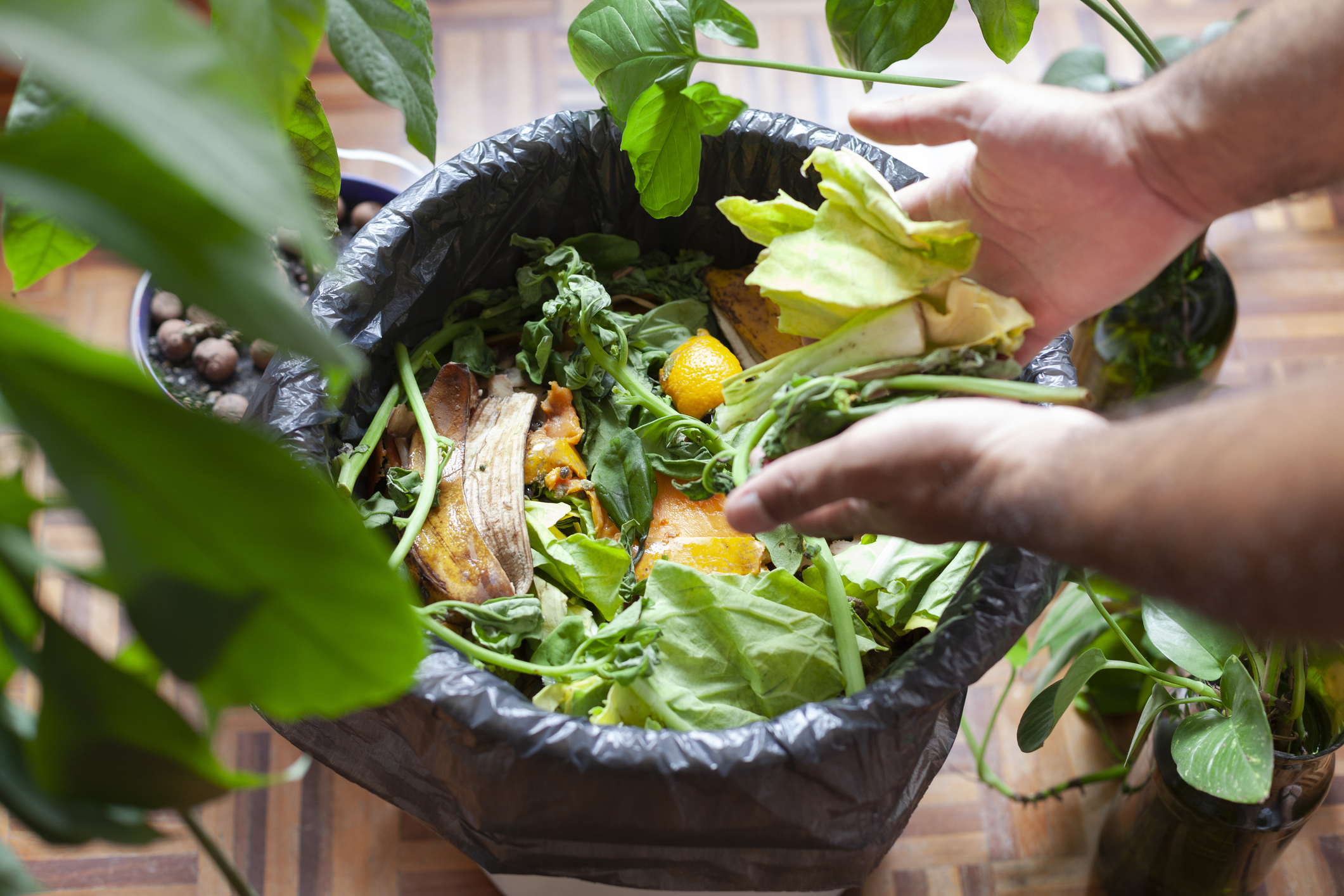You might hear the words “zero waste” being tossed around. And it sounds nice, but what does it actually mean? It might also sound intimidating—but don’t worry! Even if your zero-waste-curious, you can make a few changes around the house that will feel good for you and the planet. Here are some practical tips to help you embrace a greener lifestyle and reduce waste in your home.
What does zero-waste mean?
A zero-waste household is one that strives to minimize the amount of waste it generates by reducing, reusing, and recycling materials to the greatest extent possible. Rather than simply disposing of items after they are used, this approach aims to prevent waste from being created in the first place by making conscious choices about consumption and disposal. Here are some tips to get you started.
1. Start small, think big.
Transitioning to a zero-waste lifestyle is a journey, not a sprint. Begin by making small changes that align with your lifestyle and gradually incorporate more sustainable practices into your daily routine. For instance, start by swapping out single-use items like plastic straws and shopping bags for reusable alternatives. As you become more comfortable with these changes, you can explore other areas where you can minimize waste, such as reducing food waste or opting for eco-friendly cleaning products.

2. Ditch single-use plastics.
With that being said, go ahead and start with ditching single-use plastics altogether. They are a major contributor to environmental pollution, clogging landfills and harming wildlife. Take steps to reduce your reliance on these harmful materials by choosing reusable alternatives. Some durable items can include stainless steel water bottles, glass food containers, and cloth produce bags that can be used repeatedly. This will help reduce waste, and save you money long-term.
3. Get creative with repurposing.
Before discarding items, consider how they can be repurposed or upcycled. Turn old jars into storage containers for pantry staples, transform worn-out clothing into cleaning rags, or repurpose furniture with a fresh coat of paint.
4. Shop mindfully.
Be mindful of your purchasing habits and choose products that prioritize sustainability. Choose items with minimal packaging or packaging that is recyclable or compostable. Buying in bulk can also help reduce packaging waste, so consider stocking up on essentials at bulk food stores or co-ops. Additionally, you can support local farmers’ markets and artisans to reduce the carbon footprint associated with transportation and packaging.

5. Embrace composting.
Food waste accounts for a significant portion of household trash, contributing to landfill pollution and greenhouse gas emissions. Combat this issue by starting a compost bin in your backyard or using a countertop composting system. Composting organic materials like fruit and vegetable scraps, coffee grounds, and eggshells not only diverts waste from landfills but also creates nutrient-rich soil for your garden.
More Ideas to Help You Go Zero-Waste
- Cloth Napkins: Replace disposable paper napkins with cloth napkins that can be washed and reused multiple times.
- DIY Cleaning Products: Make your own cleaning products using simple ingredients like vinegar, baking soda, and essential oils to reduce reliance on single-use plastic bottles.
- Reusable Coffee Cups: Bring your own reusable coffee cup to your favorite café to avoid disposable cups and lids.
- Cloth Diapers: To all the parents out there, consider using cloth diapers instead of disposable diapers for babies to significantly reduce waste generation.
- Meal Planning: Plan meals in advance to minimize food waste and only buy what you need for each week.
- Repair Instead of Replace: Extend the life of your belongings by repairing them when they break instead of immediately replacing them with new items.
- Reusable Produce Bags: Use reusable mesh or cloth bags for purchasing fruits and vegetables instead of single-use plastic bags provided by supermarkets.
- Donate or Swap: Instead of throwing away items you no longer need, consider donating them to charity or organizing a swap with friends and neighbors.
- Digital Subscriptions: Switch to digital subscriptions for magazines, newspapers, and bills to reduce paper waste.
popular posts
- 1It’s Black Business Month, So Let’s Go Shopping and #BuyBlack!
- 2These Home Decor Items Will Instantly Make Your Space Look Outdated
- 3Black-Owned Home Decor Stores To Support Across the United States
- 4A Look Inside Elon Musk's Tiny $50,000 House
- 57 Black and Multicultural Designers To Follow For Design Inspo

Which 5 U.S. States Rank the Highest for Bed Bugs?
by Brittni Williams | March 13, 2024
Spaces
Whether it’s luxury or ease, every area of your home should be as fabulous and unique as you.

Creating a Sustainable and Zero-Waste Home: Tips & Strategies
by Melody Beuzelin | March 15, 2023
FOLLOW ALONG ON INSTAGRAM
#homeandtexture
Find us on social for more home inspiration where culture, personal style, and sophisticated shopping intersect to help you create a home where you love to live.






